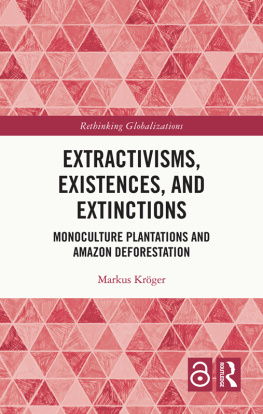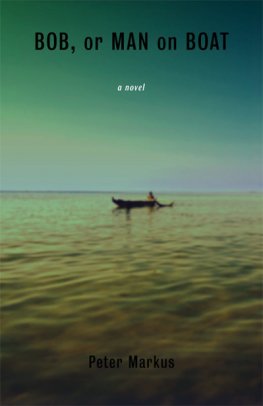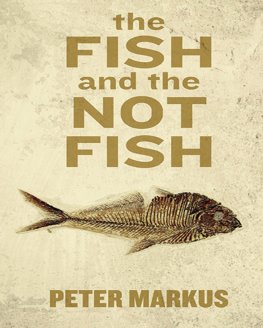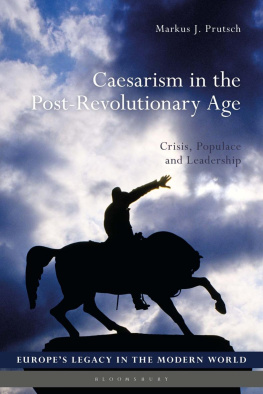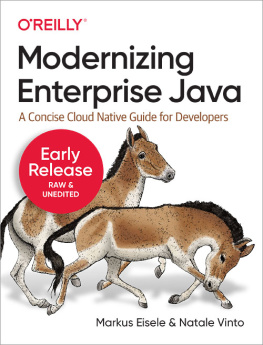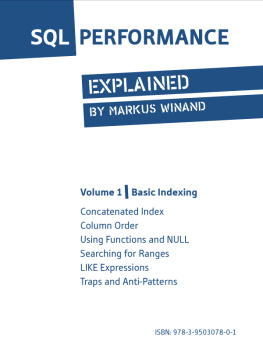Markus Kroger - Iron Will
Here you can read online Markus Kroger - Iron Will full text of the book (entire story) in english for free. Download pdf and epub, get meaning, cover and reviews about this ebook. year: 2020, publisher: University of Michigan Press, genre: Politics. Description of the work, (preface) as well as reviews are available. Best literature library LitArk.com created for fans of good reading and offers a wide selection of genres:
Romance novel
Science fiction
Adventure
Detective
Science
History
Home and family
Prose
Art
Politics
Computer
Non-fiction
Religion
Business
Children
Humor
Choose a favorite category and find really read worthwhile books. Enjoy immersion in the world of imagination, feel the emotions of the characters or learn something new for yourself, make an fascinating discovery.

- Book:Iron Will
- Author:
- Publisher:University of Michigan Press
- Genre:
- Year:2020
- Rating:3 / 5
- Favourites:Add to favourites
- Your mark:
- 60
- 1
- 2
- 3
- 4
- 5
Iron Will: summary, description and annotation
We offer to read an annotation, description, summary or preface (depends on what the author of the book "Iron Will" wrote himself). If you haven't found the necessary information about the book — write in the comments, we will try to find it.
Iron Will — read online for free the complete book (whole text) full work
Below is the text of the book, divided by pages. System saving the place of the last page read, allows you to conveniently read the book "Iron Will" online for free, without having to search again every time where you left off. Put a bookmark, and you can go to the page where you finished reading at any time.
Font size:
Interval:
Bookmark:
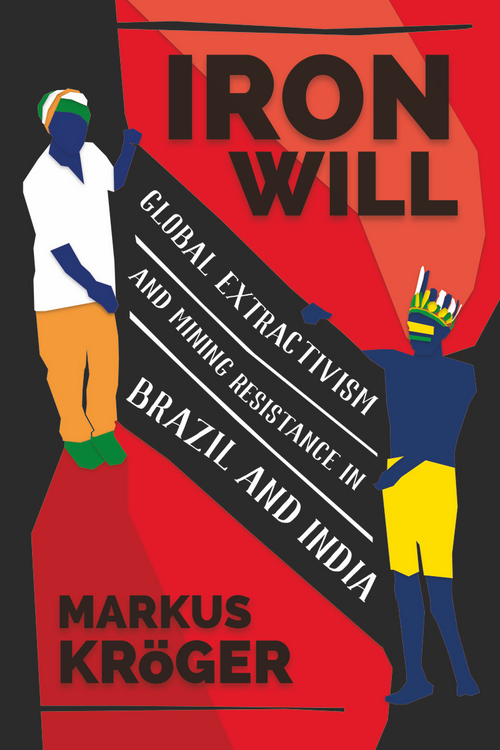
Markus Krger
University of Michigan Press
Ann Arbor
Page iv Copyright 2020 by Markus Krger
All rights reserved

This work is licensed under a Creative Commons Attribution-NonCommercial-NoDerivatives 4.0 International License. Note to users: A Creative Commons license is only valid when it is applied by the person or entity that holds rights to the licensed work. Works may contain components (e.g., photographs, illustrations, or quotations) to which the rightsholder in the work cannot apply the license. It is ultimately your responsibility to independently evaluate the copyright status of any work or component part of a work you use, in light of your intended use. To view a copy of this license, visit http://creativecommons.org/licenses/by-nc-nd/4.0/.
Published in the United States of America by the
University of Michigan Press
Manufactured in the United States of America
First published November 2020
A CIP catalog record for this book is available from the British Library.
Library of Congress Cataloging-in-Publication data has been applied for.
ISBN 978-0-472-13212-6 (hardcover : alk. paper)
ISBN 978-0-472-12711-5 (e-book)
ISBN 978-0-472-90239-2 (OA)
http://dx.doi.org/10.3998/mpub.11533186
To Otso and Jenni
Digital materials related to this title can be found on the Fulcrum platform via the following citable URL: https://doi.org/10.3998/mpub.11533186
The sun shone and gusts of hot air hit my face while I motorcycled down the road, alternately passing through patches of rice paddies and forests. I was somewhere I had been before, but something was different. It took a minute to put my finger on it: the previously ever-present dust floating in the air of eastern Goas hilly mining areas was gone. In Indias largest iron ore exporting state, mining had abruptly ceased. This seemed incongruous to the normal course of extractive ventures as there was still plenty of ore in the ground, and global iron ore prices and demand were at record highs. I had traveled to Goa to understand how and why the mining had been stopped. I was on this long ride with scholar Sebastian Rodrigues, an advocate of socio-environmental justice, and we traveled these winding roads to meet another key activist, Ramesh Gauns, in the town of Bicholim. The residents of this town, as in many other towns and villages around the world, had seen their lives deeply disrupted by a sudden and aggressive increase in mining activities in the 2000s. Mines, both legal and illegal, had surrounded their neighborhoods with little warning and certainly no free, prior, or informed consentchurning away forests, hills, and rice paddies, and turning their rivers into muddy flows of silt. At the height of the mining crisis it seemed like these communities would end up ground away, cast aside in favor of the ore buried in their very foundations. Yet the mining had been stopped.
From the tranquil rice fields in Bicholim we could see the hilltops of the Western Ghats mountains, stripped of their forests. The scars of mining operations were visible, brown open-pit mining areas, a visceral reminder of the scale of the destruction and turmoil. Now the hilltops were still; a few short months ago there was simply the traffic of trucks and the noise of mining excavators, but today birdsongs could be heard once again. This seemed to be something of a miracle, but I quickly figured out that this was Page x not a stand-alone case. In my travels across the iron ore mining areas and steel towns of India in 2013, I came across other places where birdsongs, the chatter of monkeys, and the conversations of citizens gathered at food stands were louder than extraction machines. In addition to the closures there was an even more unexpected finding, that new and purported to be important planned mining projects, which would have removed mountains in the Tamil Nadu, Odisha, Chhattisgarh, and Jharkhand states of India, had also been discontinued. Even more shocking, this was not a phenomenon limited to the hills of India, as I also encountered shuttered and discontinued mining and extraction projects in Brazil. The common factor between these geographically distant examples was that these outcomes were mostly the result of different types of resistance led by communities or local NGOs, or both. This book will tell the story of how varying sets of local resistance groups succeededdespite seemingly insurmountable odds.
Between 2005 and 2015, a time period that came to be known as the commodities supercycle, there was an unprecedented global boom in commodity prices. In many places the will to get rich through natural resource extraction did not meet the kind of fierce resistance that I witnessed in Brazil and India. This unprecedented will, coupled with a new level of industrial capacity to extract iron ore and other natural resources faster and in larger quantities than ever before, was happening simultaneously all around the world. The turn toward mining in Goa was part of a larger trend. When people affected by these mining operations tried to take a stand against the mines, they seldom managed to turn the boom to a bust. A more likely outcome was greater monetary compensation by sharing the spoils of extractivism. However, for the people who were affected on the ground level, even this compensation was typically just a fraction of the riches carried away by those in power who pocketed the mining profits from the sapped lands of local communities. The lived environments of these communities were turned into natural resources, trucked out, and shipped away, while their possibilities of returning to prior land uses and livelihoods were rendered virtually impossible. However, Goa was different. A strong willingness joined with a capacity and innovative strategies to resist this extractivism was forged and spread. Willing to stop the extraction at almost any cost, activists threw themselves into a fight against a powerful force.
The activists in Goa approached their resistance from multiple angles and expressed openly in writing, speeches, and through other tangible actions what they thought and felt about this irreversible transformation of their home regions. These concrete actions forged an iron will for resistance. The Page xi citizen-activists of Goa and several other parts of India formed mass social movements, campaigned, protested vehemently, networked with supporters around the world, and targeted state institutions to change the way those institutions treated mining. The results of this resistance were profound. Mining regulations were changed all around India, and the resistance led to massive discontinuations of mining operations and cancellation of irregular licenses in about half of the iron ore areas in the country. This iron will of resistance led to the discontinuation of practically all iron ore mining operations in Goa.
As fast, concrete, and actionable solutions to the worldwide life-threatening climate, biodiversity, and other socio-environmental crises are urgently needed, I went to India to document how this kind of change had been possible in practice. My first trip was in 2010 and introduced me to the efforts being made on the ground to resist the mining. I went to southern Goa, visiting the tribal villages there, walking for several hours across the Western Ghats rainforest-covered hills to the state of Karnataka with the locals, sleeping on the hard clay floor of huts in a remote village, deep in the forest and very seldom visited by outsiders. I covered this ground with the locals to understand what was being churned away and endangered by the spread of open-pit mines that I saw being gouged ever deeper into the hills. I returned in 201213 to speak with those activists who had put their lives on the line to stop the mining destruction. In addition, I used this trip to visit the devastated and targeted areas to get an intimate knowledge of the lived environments after the mining ceased. I was guided by seasoned activists, such as Rodrigues and Gauns, who were among those spearheading the resistance in Goa. These men had personally felt the collateral damages of mining such as air pollution and its negative health impacts. They were active in writing poetry about their love for nature that was being destroyed and for the villages the mining was turning to dust. This poetry deeply resonated with and inspired the citizenry, both in the affected areas and beyond. Rodrigues, who personally wrote over 1,000 blog posts between 2007 and 2010 that collectively got over 100,000 views, considered the following as important qualities for developing a successful activism:
Next pageFont size:
Interval:
Bookmark:
Similar books «Iron Will»
Look at similar books to Iron Will. We have selected literature similar in name and meaning in the hope of providing readers with more options to find new, interesting, not yet read works.
Discussion, reviews of the book Iron Will and just readers' own opinions. Leave your comments, write what you think about the work, its meaning or the main characters. Specify what exactly you liked and what you didn't like, and why you think so.

